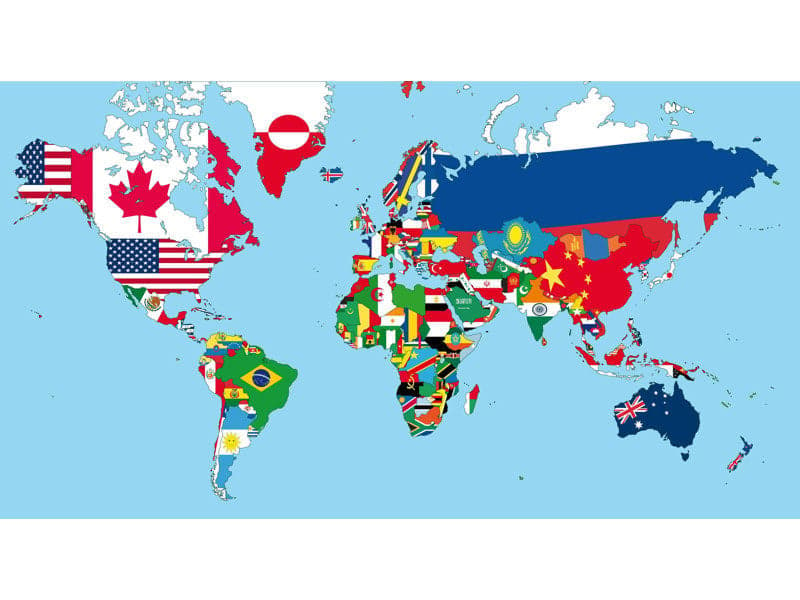“The United States was warned Wednesday by the United Nations it cannot avoid compensating poorer nations hit by climate change, despite Donald Trump honoring his election promise of leaving the 2015 Paris climate agreement”, Simon Kent
Compensation – something, typically money , awarded to someone as a recompense for loss, injury or suffering., Oxford Dictionaries
Reparations – the making of amends for a wrong one has done, by paying money to or otherwise helping those who have been wronged., Oxford Dictionaries
This warning raises significant issues which must be addressed and resolved.
The US, as the richest nation in the world, makes all the remaining nations appear to be relatively poorer. This raises the question of which of the poorer nations are eligible for compensation in the event they have been “hit by climate change”. China, though the second richest nation in the world, appears to believe it is entitled to funding for mitigation and adaptation, in addition to compensation in the event of “loss or damage”.
Another issue is the definition of the expression “hit by climate change”. All nations of the world are exposed, though not uniformly, to the increase in global average surface temperature. In some cases, this increase might be an adverse effect, while in other cases it could be a benefit.
Yet another issue is the determination of the extent to which any adverse effect is the result of anthropogenic emissions rather than natural climate variation. This issue is complicated by the current inability to distinguish between natural and anthropogenic variation. Clearly, natural variation has affected global temperatures, rainfall and drought over earth’s history. The Roman Warm Period and the Little Ice Age are examples of the effects of natural variation on climate.
Another fundamental, though often ignored, issue is the segregation of adverse events into “weather” versus “climate”. Tropical cyclones, tornadoes, droughts and floods are weather events. Being “hit” by one of these events is not the result of climate change, since the occurrence of these events precedes climate change. However, being “hit” by these events more frequently, or for greater duration, or with greater intensity over a 30 year period compared to the occurrence over a reference 30 year period would indicate a “climate change”.
Finally, there are no clear standards of evidence for determining that loss or damage have been the result of weather or climate change, or some combination of the two. For example, damage from a tropical cyclone would occur regardless of climate change, though a documented change in frequency or intensity of tropical cyclones might be the result of natural or anthropogenic climate change.
The US is signatory to no international treaty which commits it to provide reparations to any nation or group of nations for any adverse effects of anthropogenic climate change alleged to have been caused by the US. The US Senate ratified no treaty regarding climate change and thus accepted no obligation under any such treaty. US politicians signed both the Kyoto Accords and the Paris Accords, but did not seek Senate ratification of either accord as a treaty because they knew the accords would not be ratified.
- Part 1
